I recently got the chance to chat with Felicia Day, who you may know from The Guild, The Magicians, Dr. Horrible’s Sing-Along Blog, or various other things. We spoke about the second season of her podcast, Voyage to the Stars, and her upcoming book Embrace Your Weird: Face Your Fears and Unleash Creativity.
If you’d prefer to listen to the interview, you can hear it on one of our podcast episodes.
Rob: First of all, I just want to say I absolutely love Voyage to the Stars. I binged right through it; as soon as I hit the first episode I could not stop.
Felicia: That’s so wonderful to hear, thank you!
R: I’m very curious about the methods used in creating the show. I know that it’s partially improvised, so what do you go into a recording knowing about the episode beforehand?
F: Yeah, we get an overview of the episode and then we get story points for each one of the logs, the sections within the episode. So, we kinda know, ‘This is the setup. You guys are gonna discover a planet. Elsa, you’re gonna be upset about this thing…’ Colton has his own marching orders, and then we start improving, so it’s this awesome balance between scripted and unscripted content. None of the words that you hear us say are pre-thought out. We know where we’re going to start and we know where we’re going to end and so it makes it really fun to be able to play within the parameters of that.
R: That’s cool. For the dialogue, I know you do, like you said, an improvised run through. Now, does that get edited down or do you go back and try new things on what you just improvised?
F: Honestly, we rarely do pickups. Sometimes if we didn’t hit one of the points in the outline we’ll go back and be like, ‘Hey, can you just throw in a line about whatever,’ but in general we do quite a lot of recording per each minute. We make ourselves laugh quite a bit. I know they have to cut a lot of us cracking each other up out.
R: Also for my own personal curiosity, I’d love to know what the physical arrangement of the recording space is, like where everybody is when you’re recording.
F: Yeah, we sit around a table actually, just like a regular podcasting studio. We’re all just sitting at a table with our mics in front of us. We have our story, our papers in front of us. Generally, we have a ton of snacks in the middle, where we’re all just feasting on nuts or whatever cupcakes got brought in that day and then we just have a good time. We do about two episodes a day so it’s quite a lot of recording that we do for each episode. I think the post-production especially, the sound design, is really, really valuable and makes a big difference.
R: After the recording session, do you hear just the finished product after that, or do you hear intervals of how they’re working on it?
F: I don’t hear any of the edits. I love the behind-the-scenes of editing and stuff, but I’m not part of that. I just get to hear the episode. The funny thing about improv is that, you literally make up things on the spot so it’s not like you retain them past the moment. So when I listen to an episode, I honestly don’t remember things coming out of my mouth… none of us do. We can be fans of our own podcast cause we don’t really remember things that happened.
R: To jump to your book a little bit… as a creative who clearly has an interest in various forms of media I imagine you’re constantly getting new ideas for things you’d like to make, yeah?
F: Oh, for sure. I’m the kind of person who has a lot of ideas, but the follow-through and the bravery to get them out there is my thing that I have to struggle with, and so that’s actually why I wrote the book. I think that had I had a little bit more guidance and help over the years about overcoming procrastination, being a little bit more clear about who I am as a creator and what I want to say, all these things would have just helped me get my voice out there a little bit easier. That’s the whole reason I wrote the book. I just want to give everybody else a jump start from all the years that I’ve learned how to overcome my own enemies like anxiety and procrastination and all that stuff.
R: So when you get all those ideas, what do you do to keep them in check and make sure that you finish what you’re already working on before chasing the shiny new thing?
F: I talk about that in the book. I always write down things. I think if you constantly collect yourself you’ll never neglect yourself. I didn’t mean for that to rhyme, but that just happened. All of us are really creative and I think it’s about acknowledging our creativity in small ways that leads to our getting bigger creative ideas. Having a confidence, and our weirdnesses and our differences, and how we see the world, really allows us to open up a whole new way of being. Maybe you don’t think you’re creative, but if you decorate that birthday cake for your kid in a fun way… that’s creative. If you drive home a different way every day, that’s creative. These are things we unconsciously do as human beings that we don’t acknowledge and that keeps us from doing bigger creative works. And like you said, the most important thing is to see things through. I think a lot of us get hung up on the end result and worrying about how people will receive something and really that’s not even the point of creativity. The point of creativity is to work through the creativity and make yourself a better person toward the end of it and then see how that impacts other people. And if you get the ego out of it a little bit, you actually can be a lot freer in making things.
R: In relation to that, do you have a personal barometer that lets you know when it’s time to wrap something up or just put it behind you and move on from it?
F: That’s really tough as a creator. I never want to let anything go, but I think once you train yourself to be a little bit more in touch with who you are underneath, you have instincts that will tell you, ‘OK, this is how I want this to look’ and you’ll eventually get there. You have to train yourself to trust what your instincts are, and we don’t. We don’t go with our gut a lot. I have a lot of times in my past where my brain has overridden my gut in deciding what to do with my time or doing a job or something and always, 100% of the time when I didn’t follow my gut instinct, I was led astray. That’s just me. Also, having a deadline; you can wander around and write one book in seven years, but you’re selling yourself short cause you probably could do a couple of books and learn from that first process. Sometimes you just have to get through things even if they’re terrible and you’ll learn how to do the next one better.
R: This is your second book now too, so what did you learn from writing your first book that helped a lot with this one?
F: What I learned was having a deadline helps. Having people to complain to helps. And giving myself encouragement that when I’m blocked it’s worth it just to do bad work to get to the point where I’m doing good work versus collapsing and procrastinating and feeling bad for myself. Giving myself the confidence that, yes, this is going to be a lot of work to get through this block but I can do it and when I get through it I will see a clear field only to lead to another mountain, like another creative block in front of me, but that’s okay cause that’s part of the process. Nobody’s gonna just poop out a perfect screenplay or a perfect book or a perfect movie with no resistance and no trouble. Sometimes it might happen that you’re struck by lightning but that’s a one in a million chance, so a big part of my message is embracing the work of creativity and not the end result. Focusing on the work and that will get you through all those tough times.
R: Something I know I struggle with, and I’m wondering if you do too, is when you are creating so many different types of things it’s hard to turn that off and just kind of relax and chill out. What do you do for that?
F: I can chill out only by playing video games. Even watching TV just makes me feel either guilty that I’m not writing something or trying to come up with a new idea or I see people I know in it or analyze how it’s made so it kind of ruins the experience. It’s less escapism for me, but video games are where I really can relax. And I do a little bit of cooking, but really it’s video games.
R: Since you just said TV, to wrap things up… I’m a big fan of The Magicians and I love your character Poppy on the show. What was it like envisioning and creating her?
F: She was so cool on the page. It was very different from the book. I was very familiar with the books and I was so thrilled to be a part of the show, but when I got the sides I was like, ‘Oh, she’s a little more evil than I thought.’ Not evil, but just a little more nuanced, a little bit more ruthless, a little bit more of a badass. A little bit of a psychopath, but that’s OK too. It’s one of those things where I really feel like it was a joy to be a part of. I like to be a part of fan families and The Magicians is the cool kid on the block, so being Poppy is awesome. I hope I get to go back. There’s no plans right now to go back, but crossing fingers!
Season 2 of Voyage to the Stars debuted on September 17th.
Embrace Your Weird: Face Your Fears and Unleash Creativity is available for pre-order right now at feliciadaybook.com and comes out on October 1st.
This interview was edited for brevity and clarity.


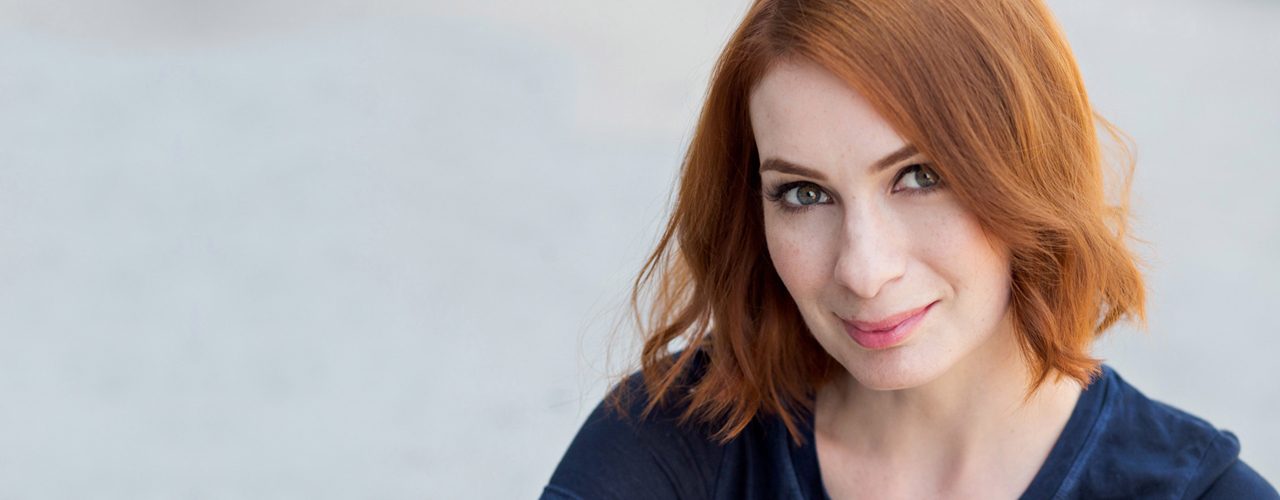
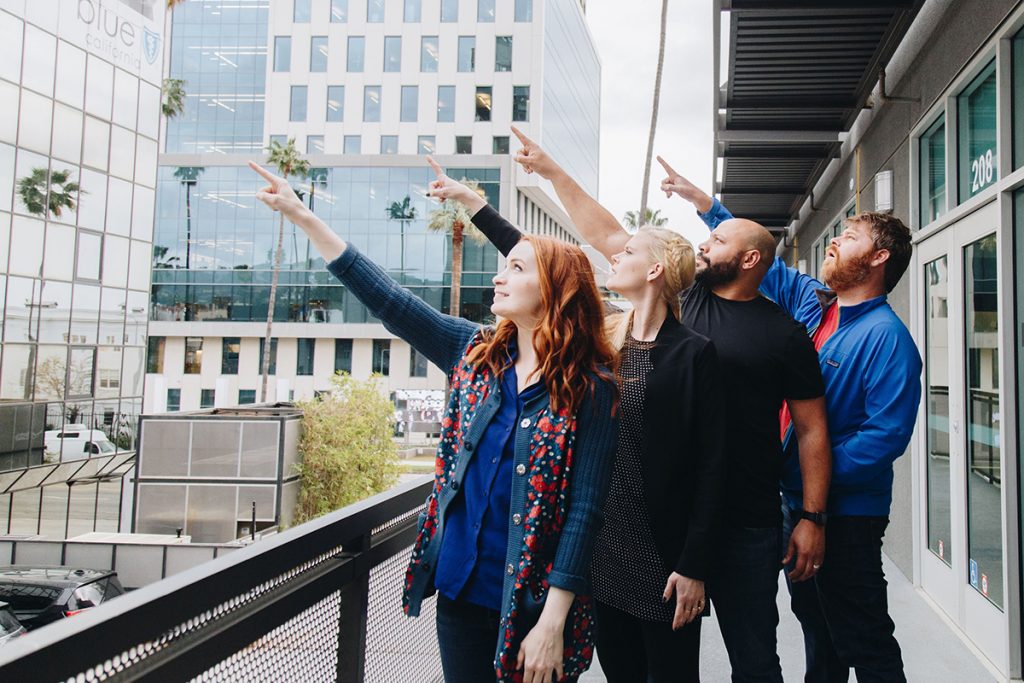
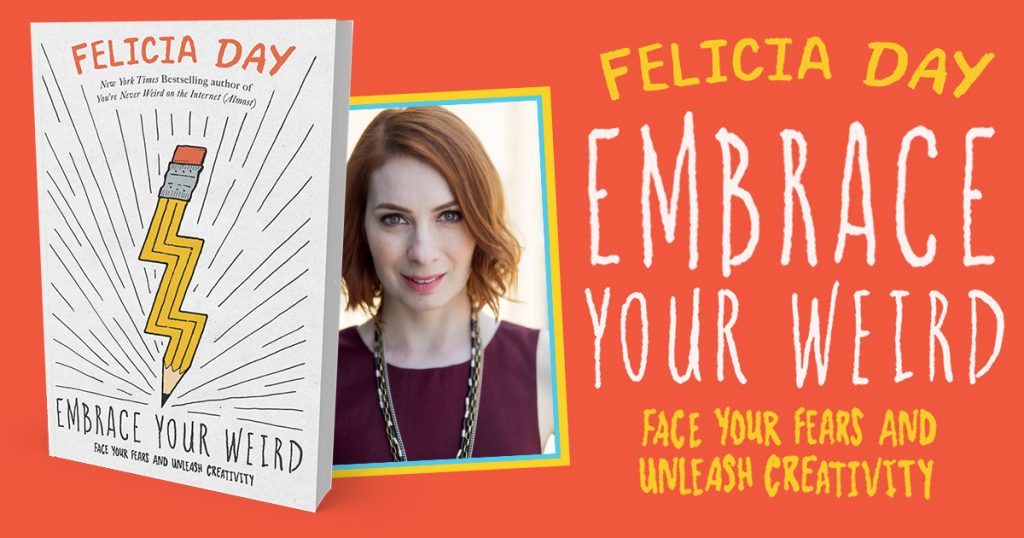
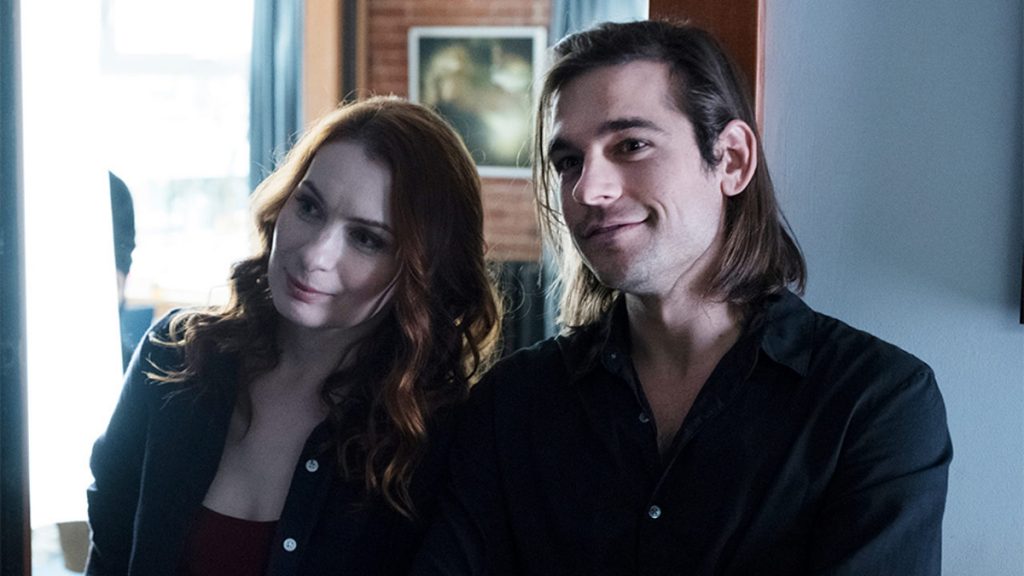




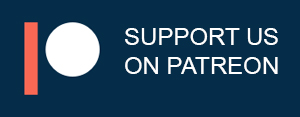
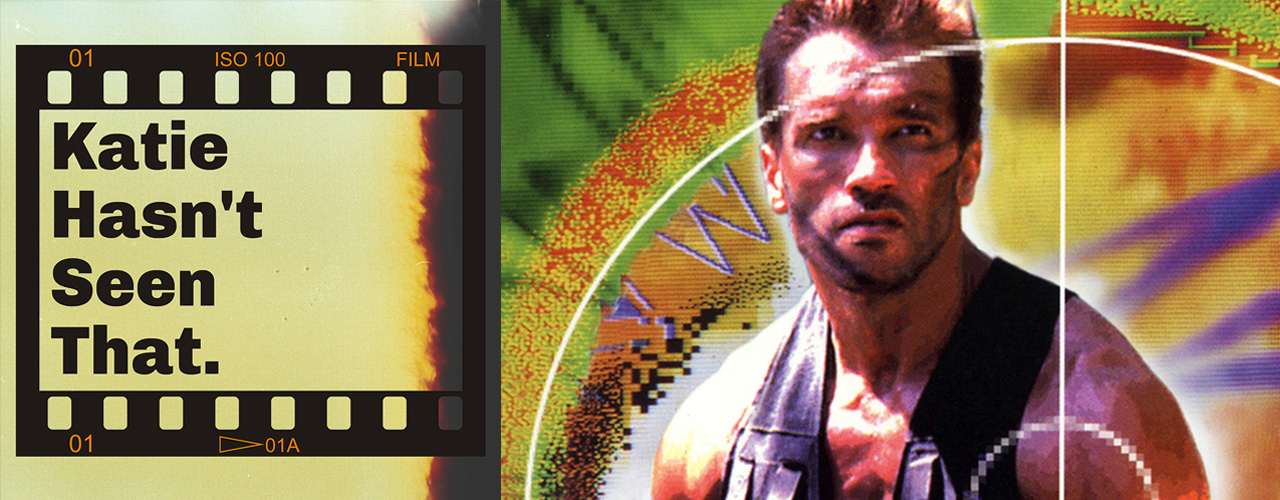
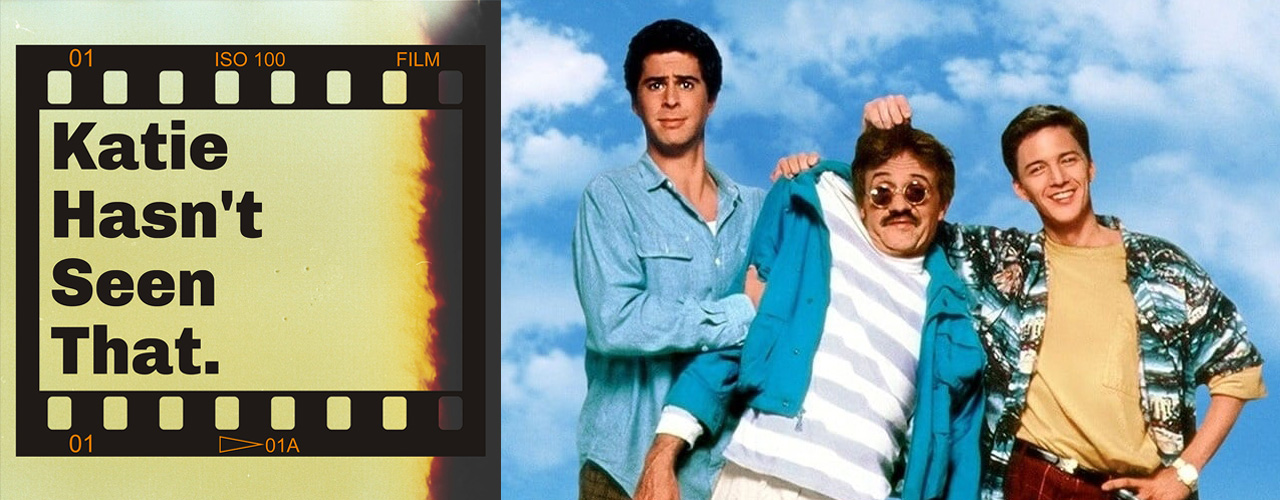
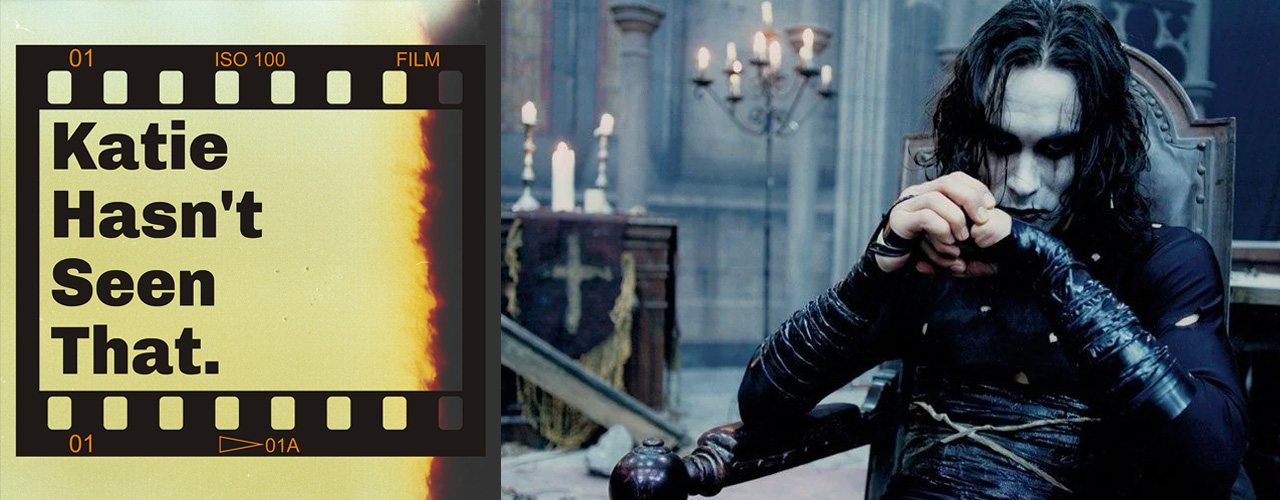

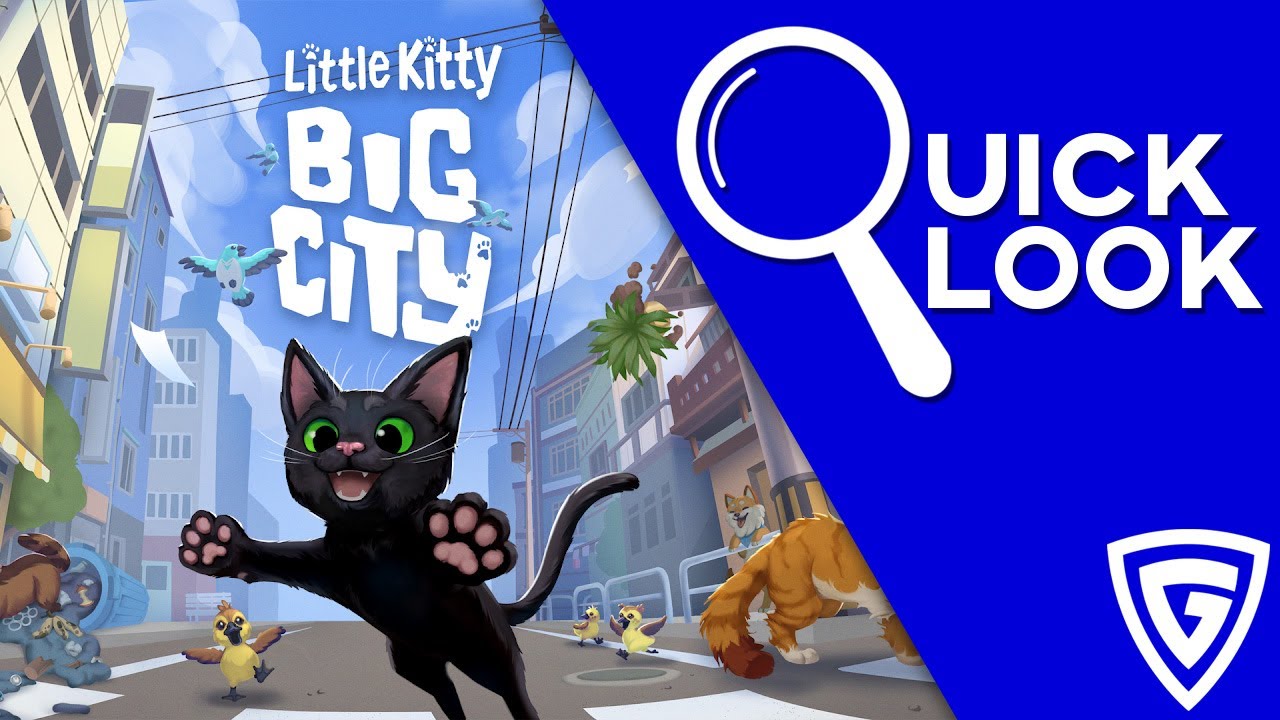
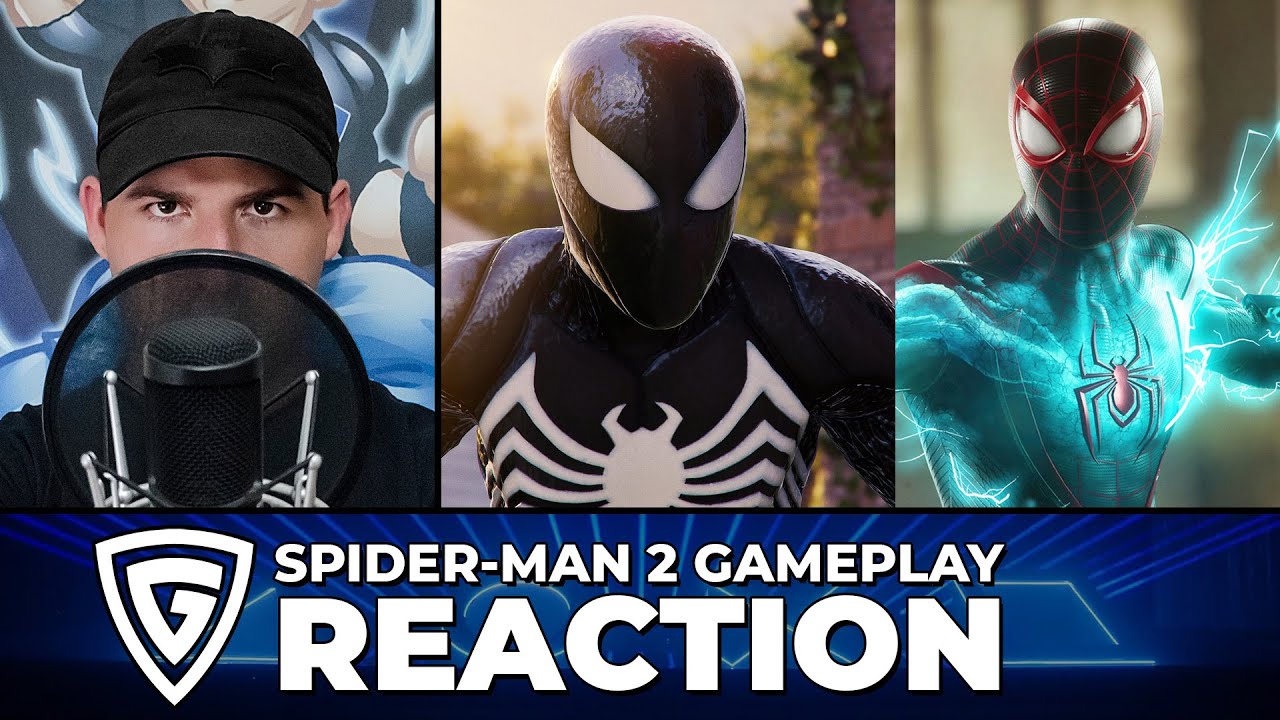
Add comment